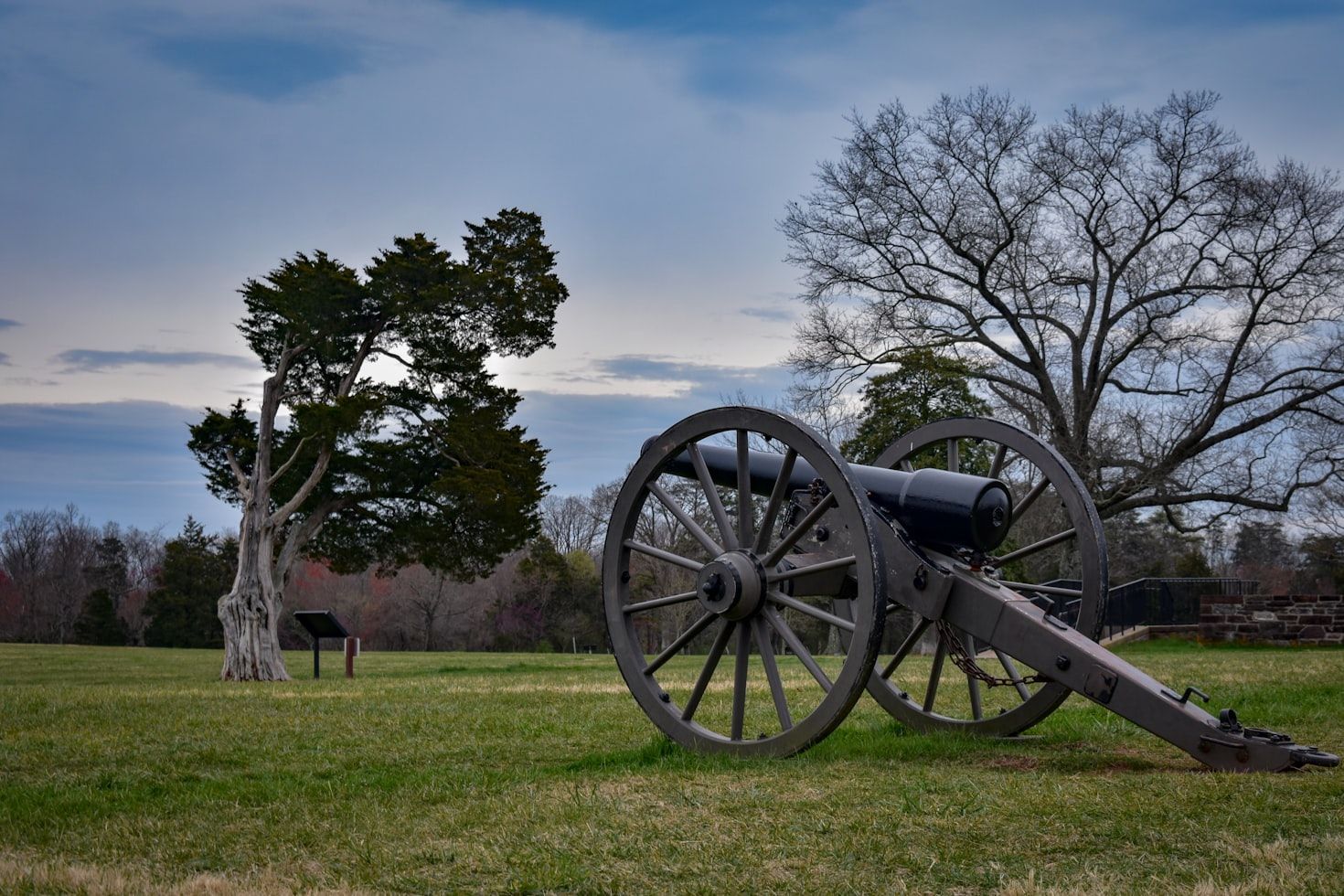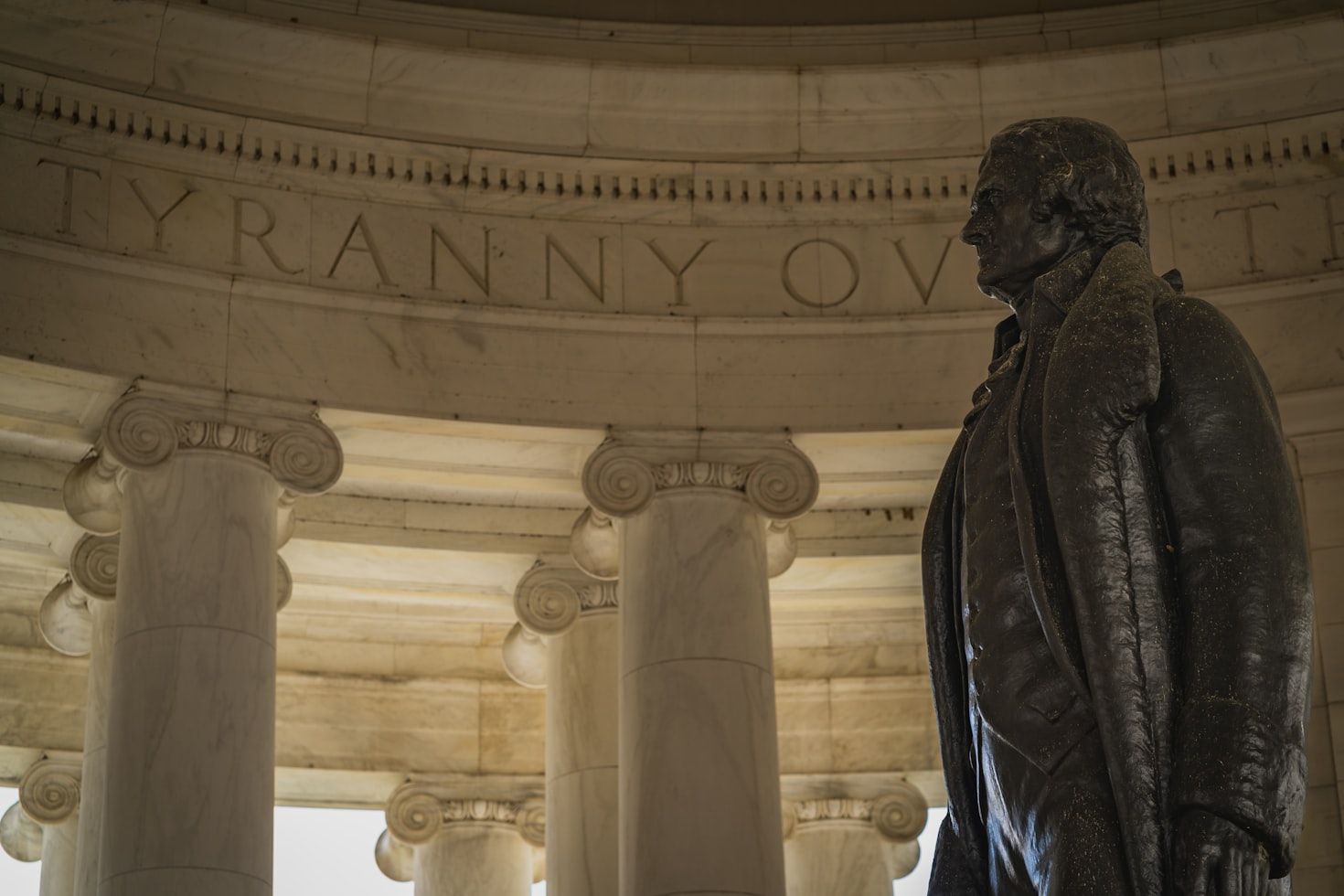Not every sports name is as simple as football
What is “tennis”? Few people know what the names of these sports mean
Published on October 27, 2025
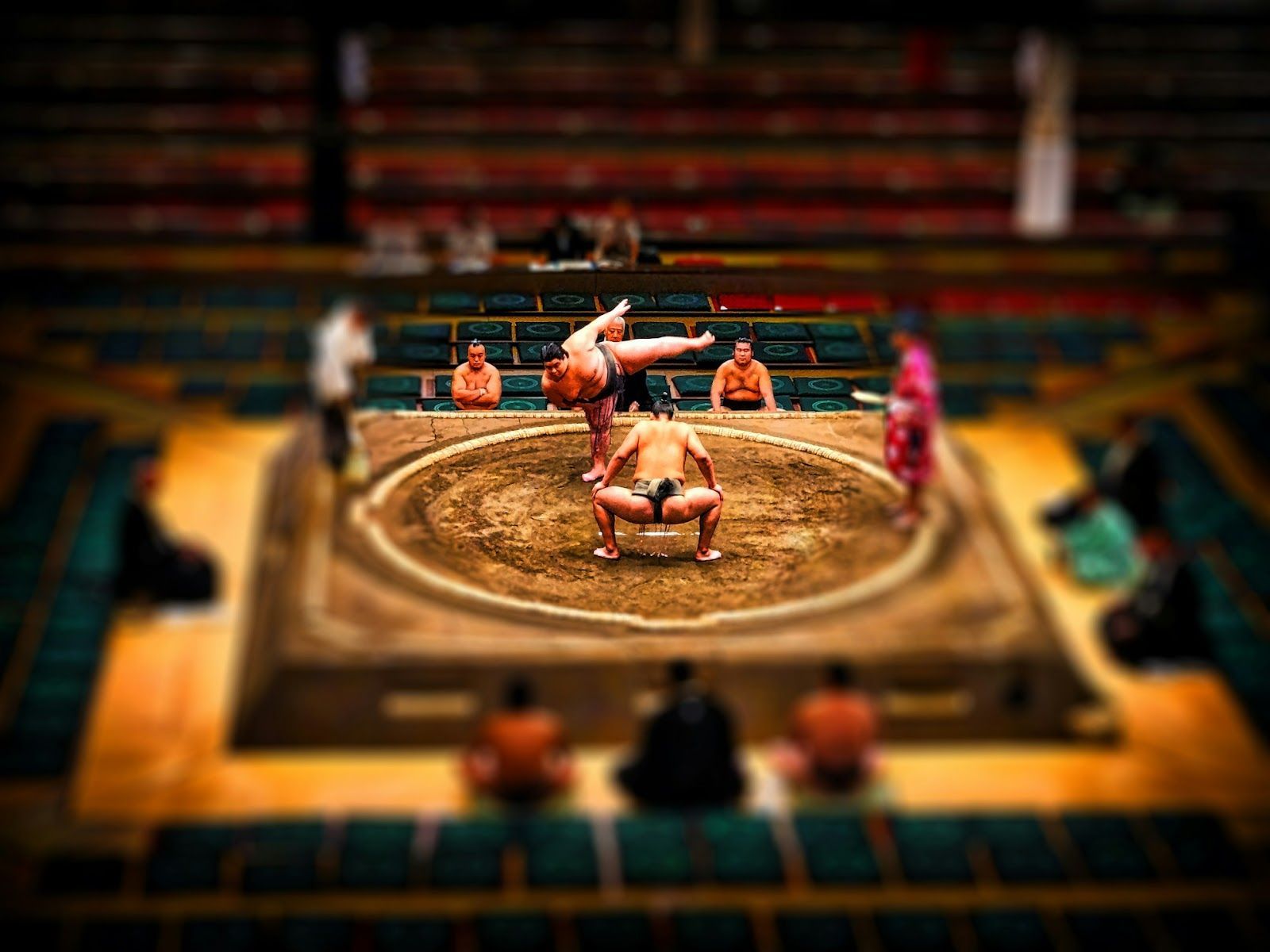 Credit: Mike Swigunski
Credit: Mike Swigunski
Some sports' names are self-explanatory. Even if you've never seen a game of basketball, the word itself suggests it involves a ball and a basket, right? If you've never seen a game of baseball, you'd probably guess it has something to do with a ball and bases. But other sports have names that don’t offer any obvious clues. Where does the word chess come from? Or badminton? Read on to find out what the names of these ten sports actually mean!
Rugby
 Credit: Olga Guryanova
Credit: Olga Guryanova
We'll start our list with an ancient sport first recorded over 2,000 years ago, when the Romans played a ball game known as harpastum, a term derived from the Greek word meaning "to seize."
While the sport has taken many forms in different places over time, the version we know today is said to have originated at a school in Rugby, in eastern Warwickshire. In 1823, a pupil named William Webb Ellis, while playing football, broke the rules by picking up the ball and running with it.
Tennis
 Credit: Christian Tenguan
Credit: Christian Tenguan
The word tennis is believed to have originated from players calling out the Middle English word tenetz!, which itself comes from the Old French tenez, meaning "hold," "receive," or "take."
In the 1870s, a Welsh army officer patented a game called sphairistike, the Greek word for "ball." He formalized the rules and standardized a tennis set that included racquets, balls, posts, and a net. Although the name sphairistike never caught on, the new game flourished under the simpler name tennis.
Golf
 Credit: Andrew Rice
Credit: Andrew Rice
While many people believe that golf was invented by the Scots, modern theories suggest it may have actually originated in the Netherlands. As for the name itself, the most widely accepted etymology is that golf comes into English via the Scots word gouf, which is derived from the Middle Dutch word colf, meaning "stick," "club," or "bat." Another theory is that golf comes from the Scots word goulf, meaning "to strike" or "cuff," which may also trace back to the same Dutch root, colf.
The game is thought to have started in the Netherlands before being brought by Dutch sailors to the east coast of Scotland, where it eventually evolved into the game we know today.
Cricket
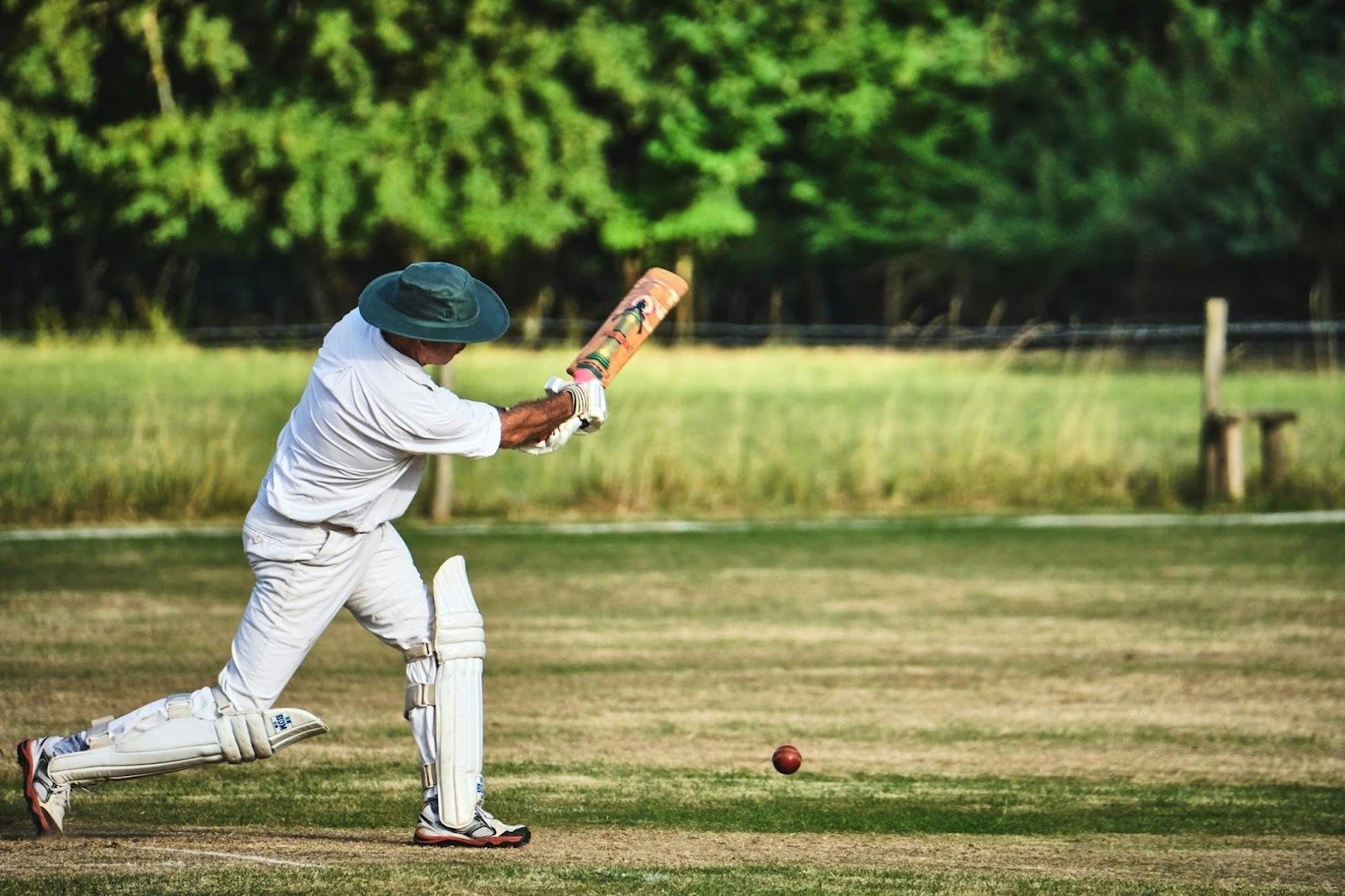 Credit: Alfred Kenneally
Credit: Alfred Kenneally
The world’s second most popular sport after soccer, cricket has been around for a long time. The name of the sport has been traced back to several sources. In the earliest reference, it was spelled creckett, which may have been derived from the Middle Dutch krick(-e), meaning "stick"; the Old English cricc or cryce, meaning "crutch" or "staff"; or the French word criquet, meaning "wooden post."
Another possible origin is the Middle Dutch word krickstoel, which referred to a long, low stool used for kneeling in church—similar in appearance to the long, low wicket with two stumps used in early forms of cricket.
Hockey
 Credit: Claudio Schwarz
Credit: Claudio Schwarz
Depending on where you are, the ice version or one of the summer versions of the game may be more familiar—but in all cases, the word hockey has the same origin. The term itself is of unknown origin, but one theory is that it derives from hoquet, a Middle French word for a shepherd's stave. The curved, or "hooked," ends of the sticks used in hockey would indeed have resembled these staves.
Snooker
 Credit: rigo erives
Credit: rigo erives
The game of snooker was created by British Army officers stationed in India during the second half of the 19th century. Combining the rules of other cue sports, Neville Chamberlain (not the British Prime Minister) helped devise and popularize the game we know today.
The word snooker was British Army slang for fresh recruits and inexperienced military personnel. Apparently, Chamberlain used the term to mock the poor performance of a young fellow officer at the table—and the name stuck.
Soccer
 Credit: Joppe Spaa
Credit: Joppe Spaa
While most of the world knows this sport as football, in the United States, it is known as soccer. Interestingly, the term soccer originated in England, where the modern sport was born. When the Football Association was created in 1863, Oxford students began distinguishing between "rugger" (rugby football) and "assoccer" (association football). The latter was eventually shortened to soccer.
In the United States, however, a different sport evolved that borrowed elements from football and came to be known as _gridiron football_—later simply shortened to football. As a result, American association football players increasingly adopted the term soccer to avoid confusion.
Chess
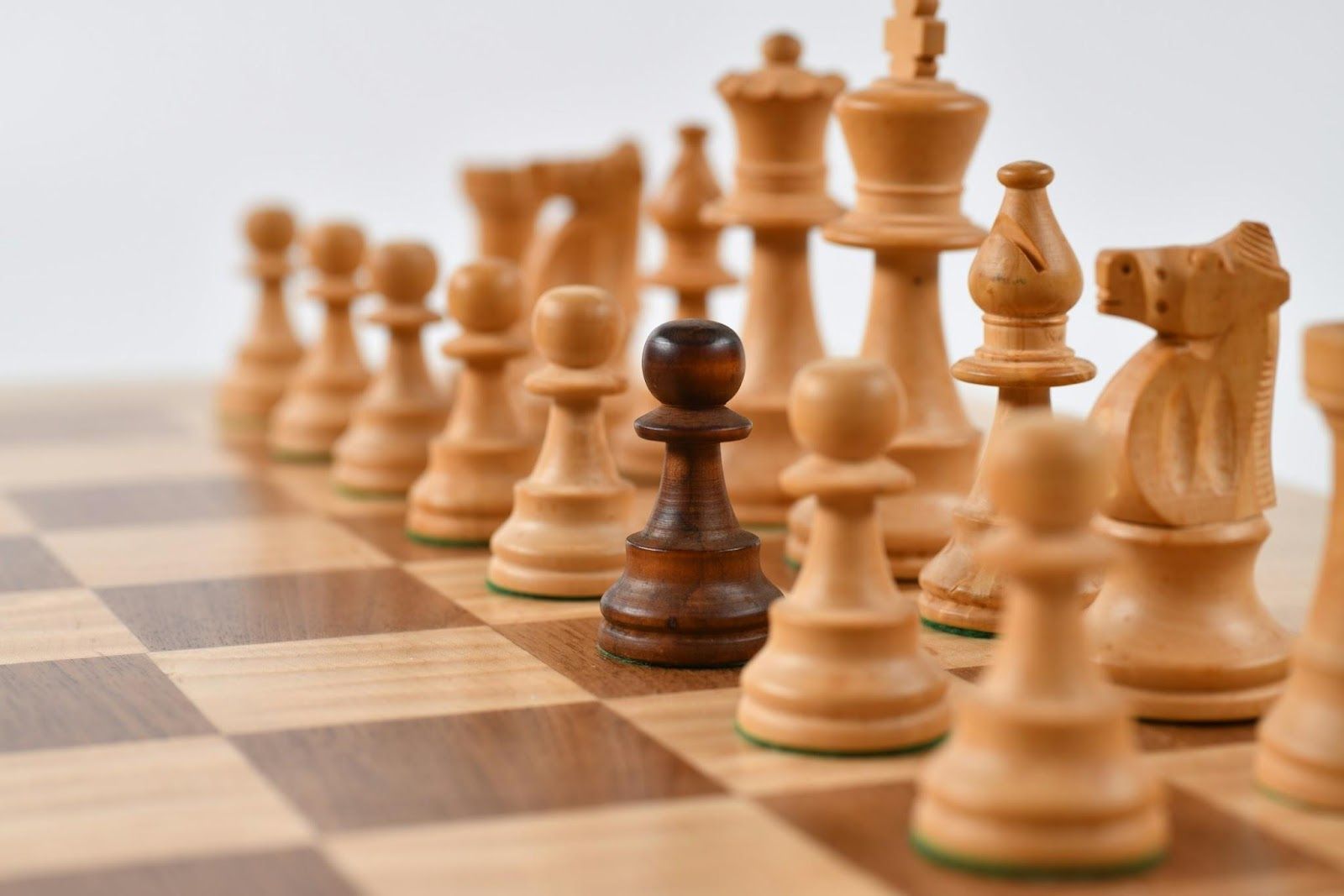 Credit: Randy Fath
Credit: Randy Fath
Another one of those names that has been around so long it feels carved in stone, chess does, in fact, have an origin. The name comes from Persia and is derived from the Persian word shah, meaning "king." The phrase shah mat, meaning "the king is helpless" or "the king is defeated," was used in Persian to signal checkmate.
When this phrase reached the English-speaking world, it evolved into the term checkmate. The word chess itself ultimately derives from shah as well, though filtered through several languages over time.
Badminton
 Credit: Glen Carrie
Credit: Glen Carrie
A sport with a name as English as Badminton actually has its origins in Poona, a game played by British Army officers stationed in India in the 1860s. The name Badminton comes from a stately home in Gloucestershire, England—the residence of the Duke of Beaufort—where the game was first played in 1873.
The roots of the sport, however, can be traced even further back to ancient Greece, China, and India. It is closely related to the old children’s game battledore and shuttlecock.
Formula 1
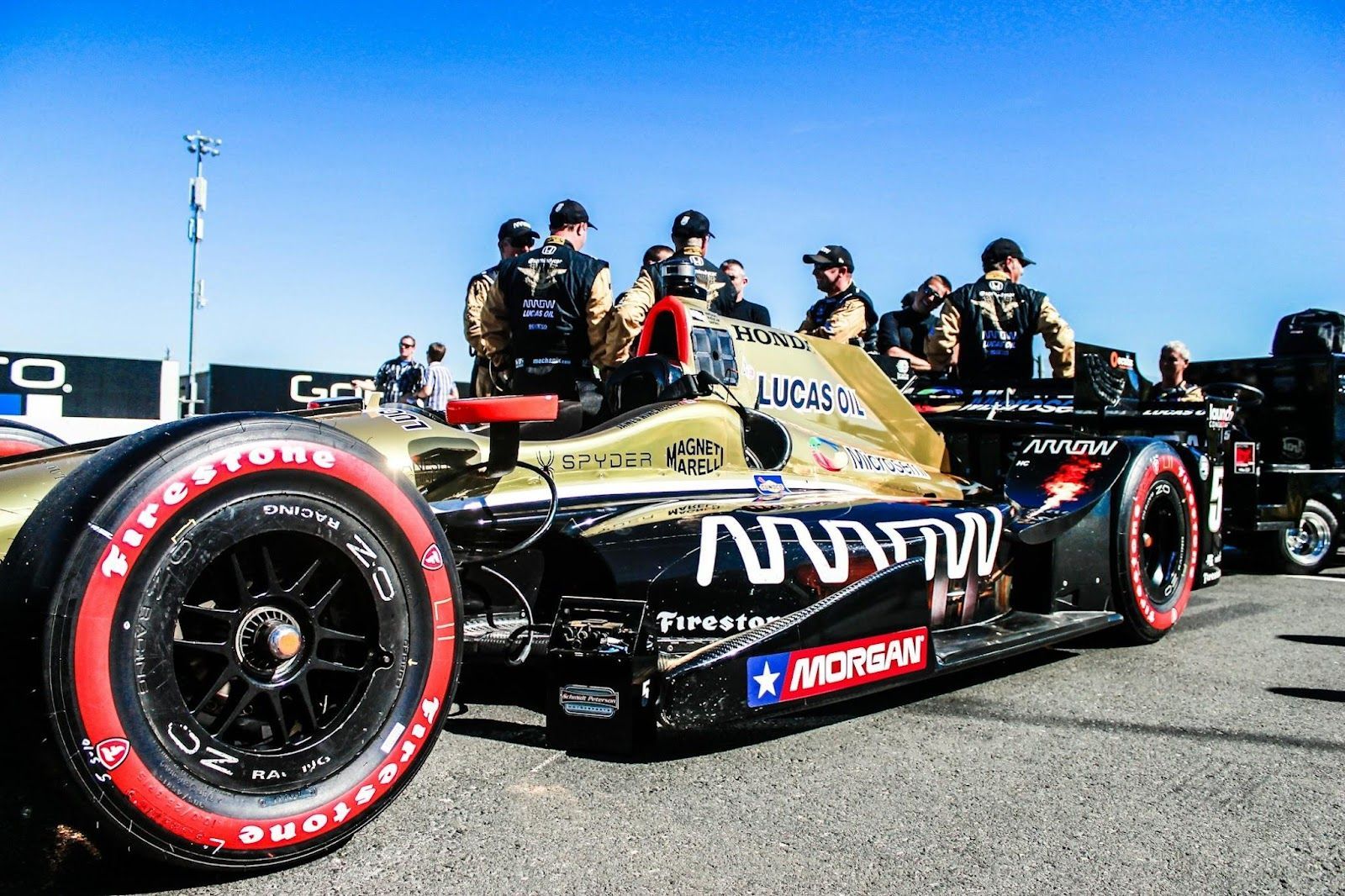 Credit: Brad Barmore
Credit: Brad Barmore
We finish the list with one of the most famous sports played by the fewest people in the world: Formula 1. With a name so unusual it could be mistaken for a baby food brand or a chemical product, Formula 1 is called that because it refers to a set of rules and regulations all participants must follow. The term "formula" signifies these guidelines, while the numeral "one" represents the highest level of international motorsport competition.


